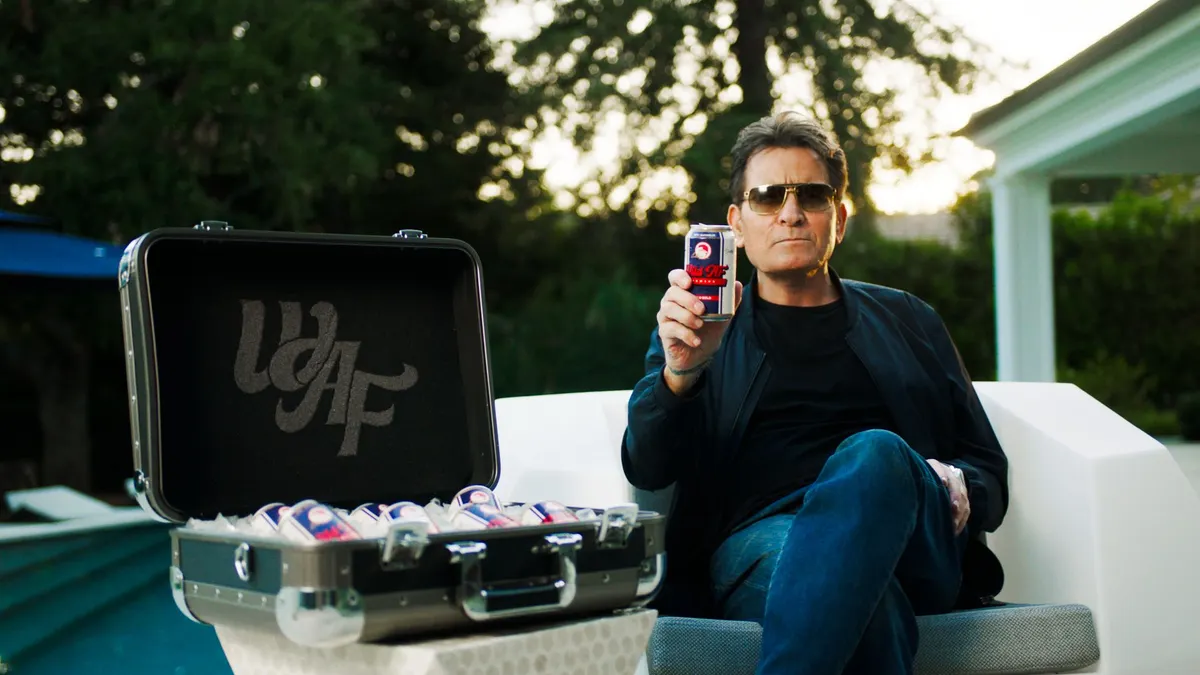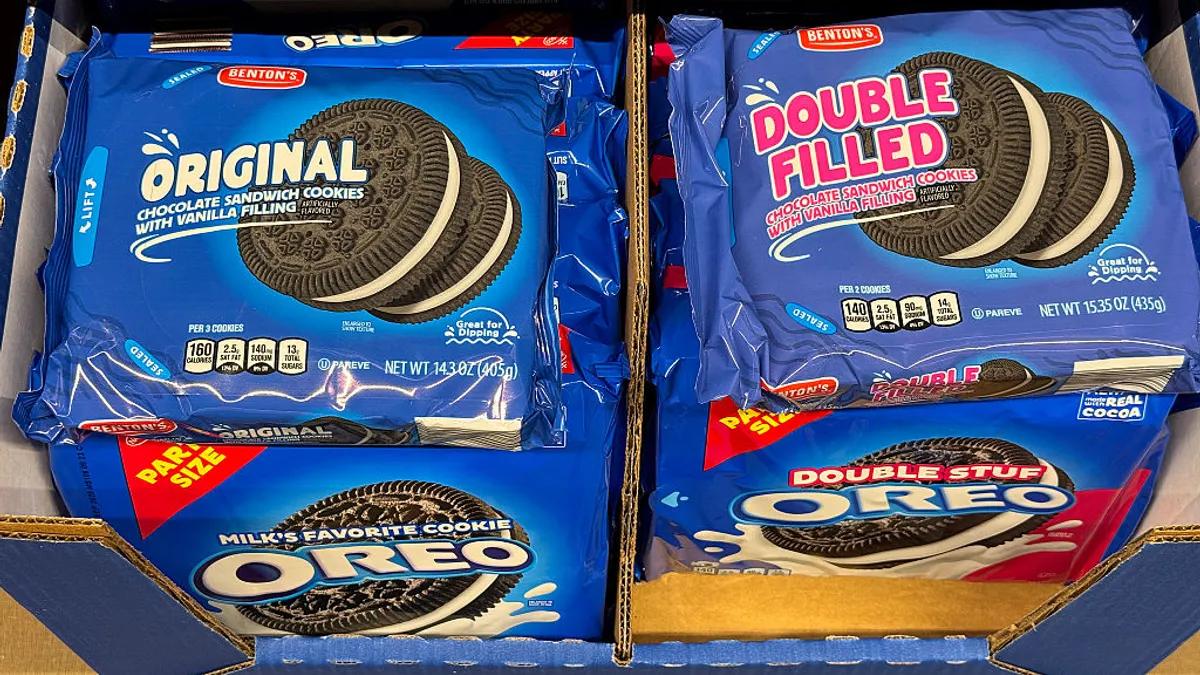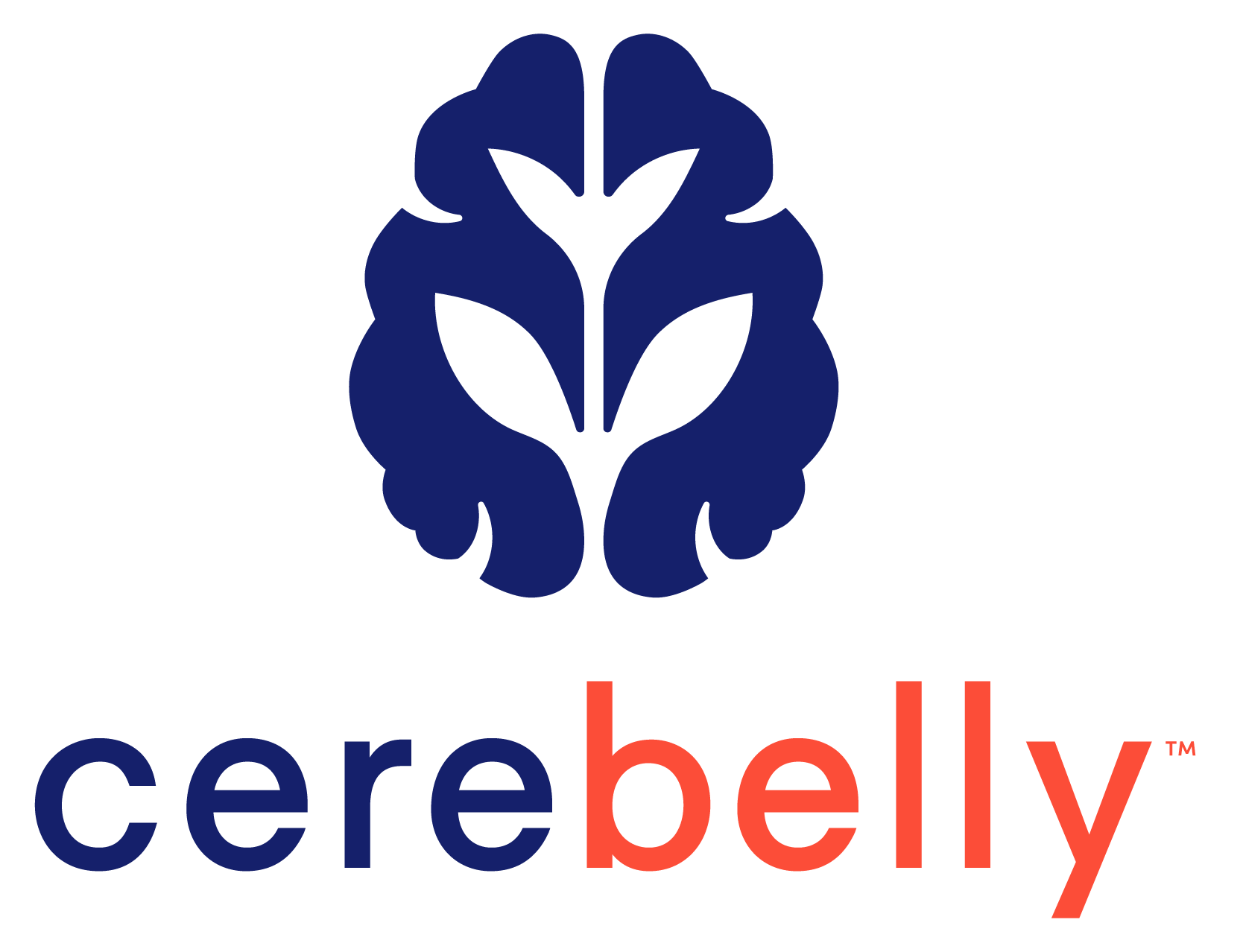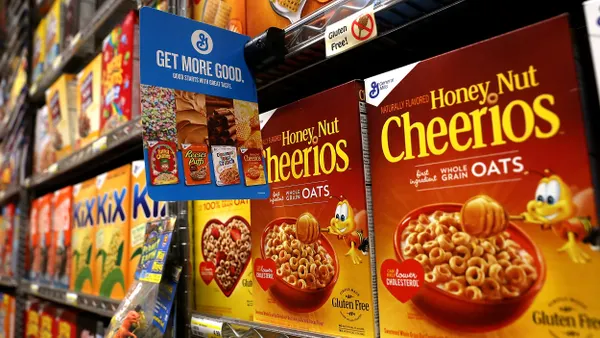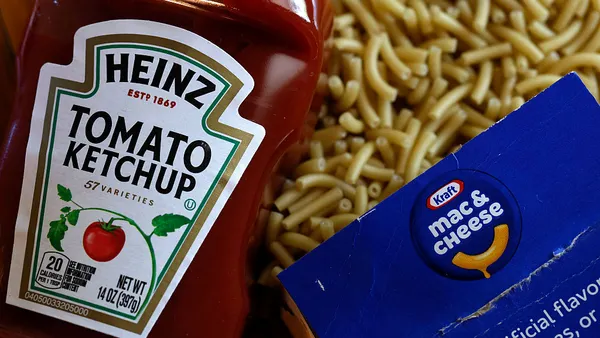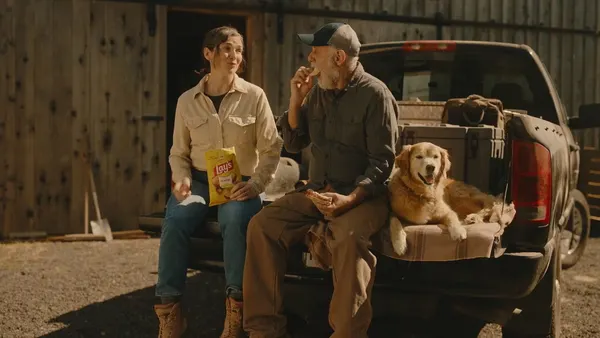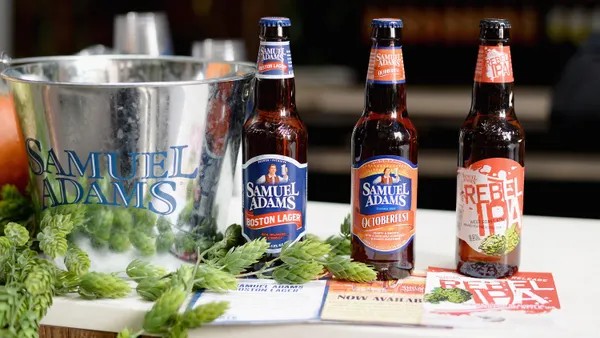Dive Brief:
- Diageo's net sales jumped 5.8% totaling 6.9 billion pounds ($9.1 billion) for the first half of fiscal year 2019, beating analyst expectations. The company's operating profit totaled $3.1 billion — an increase of 11%, according to a release.
- The boost was largely attributed to stronger demand from China and India, but North American net sales also went up 6%. The company also announced that it would buy back $866 million of shares, sending its stock to a new high on Thursday morning.
- "Diageo delivered broad-based volume and organic net sales growth across regions and categories," Diageo's CEO Ivan Menezes said in the release. "We continue to expand organic operating margins while increasing investment in our brands ahead of organic net sales growth."
Dive Insight:
As consumer demands for alcohol continue to change, many companies have struggled to keep up. But Diageo has worked to refocus its portfolio by shedding less profitable brands and honing in on its premium products, which boosted slowing sales.
The company's plan to focus on high-end alcohol comes as interest in strong liquor has increased. And it has worked out for them since Diageo's portfolio of hard alcohols have largely improved this half. The company saw much slower growth in its earnings last year, when global sales increase by only 0.9%.
Studies have shown that millennials don't have strong loyalty to alcohol brands and instead, seek out new innovations. Diageo seems to have picked up on that trend and its trendy innovations have performed well. Brands that were older and saw no new products, on the other hand, held steady or lost sales.
Consumer interest in vintage cocktails has boosted spirits sales, with net U.S. sales jumping 5%. Scotch increased by 10% in the half. The report said that Johnnie Walker sales went up 9%, mainly due to the successful launch of White Walker by Johnnie Walker — a drink inspired by "Game of Thrones."
In tequila, both Don Julio and Casamigos saw strong double digit growth in the United States. While vodka net sales were flat, it was actually an improvement from last year. Smirnoff and Ciroc both posted declines, but Ketel One saw an increase of 22% in sales, mainly from the launch of Ketel One Botanical. As total rum sales in the United States ticked downward, Captain Morgan net sales also declined 9%.
Nationwide, beer volume has declined for five years straight. But Diageo's net sales in the segment in the United States grew 13%, mainly boosted by growth in ready-to-drink options and innovative launches. Ready-to-drink net sales increased 24%, driven by the popularity of Smirnoff Spiked Seltzer and Smirnoff Ice. In beer, net sales were up 2% driven by Guinness, which saw increases from its Open Gate Brewery and Barrel House in Maryland.
A big part of the company's strategy has been active M&A, which has helped to lift Diageo's North American sales. Late last year, Diageo sold 19 of its lower-end brands to Sazerac for $550 million. This move was completed in December and the report said it has "positively impacted net sales."
In recent years, the alcohol giant has also sold several of its wine brands to Treasury Wine Estates for $552 million and bought Casamigos, the fast-growing U.S. premium tequila brand, for a total price of about $1 billion. More purchases like that will probably be announced this year. When discussing earnings on CNBC Tuesday morning, Menezes said that the company will continue making acquisitions.
Diageo could be looking to cannabis next. In August, Diageo was talking to at least three cannabis producers about a deal for a pot-infused drink. Other alcoholic beverage companies have already gotten in the game, with Constellation investing $3.9 billion in Canopy Growth last year. Diageo still hasn't made a deal, but it could come soon given the company's sales growth this fiscal year and openness to more M&A.



